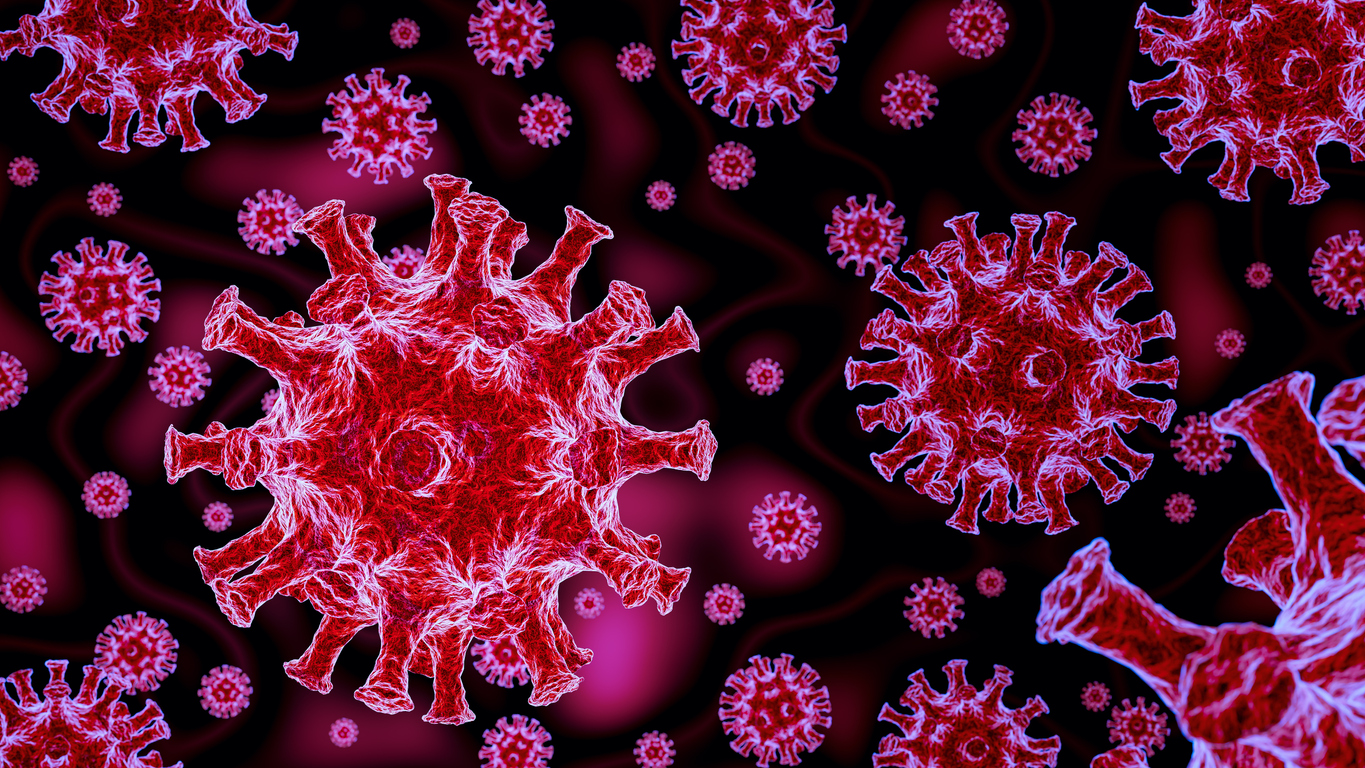
All you need to know about ‘Lambda’, the new COVID variant of interest
Lambda accounts for nearly 82 per cent of the coronavirus case samples reported during May and June, according to the Pan American Health Organization

Last month the World Health Organization designated the Lambda variant of SARS-CoV-2, previously known by its formal scientific name C.37, as the seventh and newest “variant of interest”.
Like the Delta variant, which continues to drive new cases around the world, Lambda is said to be more transmissible than the original virus. It has been detected in more than 25 countries – though not India.
The Lambda variant has been around since last year, possibly as early as August 2020. Until recently, it was largely concentrated in a handful of South American countries.
Lambda accounts for nearly 82 per cent of the coronavirus case samples reported during May and June, according to the Pan American Health Organization (PAHO).
PAHO’s regional advisor on emerging viral diseases, Jairo Mendez, said on June 30 that Lambda had been detected in eight countries in Latin America and the Caribbean.
In Chile it accounts for more than 31 per cent of the samples from May and June.
Mendez said there was not yet clear evidence it was a more transmissible virus.
“It is possible that the transmission capability is increased. This is a phenomenon that is not well studied and documented, and we can’t do a comparison between other variants such as Gamma and Delta,” he said.
“We insist that the epidemiology of the virus and an increase of cases respond to several factors. For this reason, we insist that the efforts to control the epidemic is to control and reduce the transmission,” he said.
Significant mutations
Lambda has at least seven significant mutations in the spike protein (the Delta variant has three), which could have a range of implications, including the possibility of increased transmissibility or enhanced resistance to antibodies.
A recent study by researchers in Chile reported that it has greater infectivity than the Alpha and Gamma variants (known to have originated in the UK and Brazil, respectively). The study also reported decreased effectiveness of the Chinese Sinovac vaccine (Coronavac) against the Lambda variant.
However, the behaviour of the variant is not properly understood right now.
“There is currently limited evidence on the full extent of the impact associated with these genomic changes, and further robust studies into the phenotype impacts are needed to better understand the impact on countermeasures, and to control the spread,” the WHO said in a statement. “Further studies are also required to validate the continued effectiveness of vaccines.”

